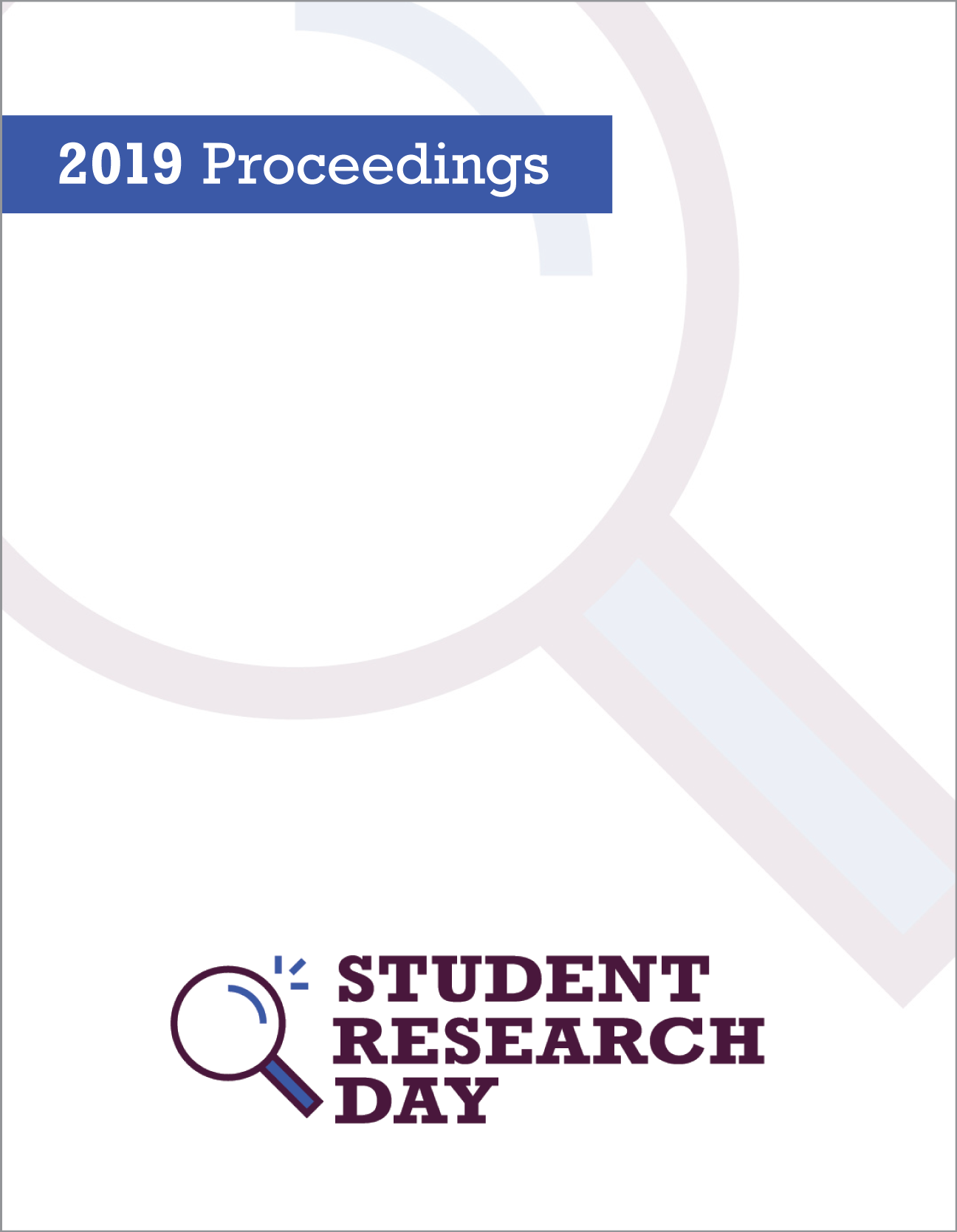Self-Reward Strategies Associated With Academic Effectiveness
Abstract
Most people have struggled with studying at some point in their lives.
A tactic that has been used to alleviate this issue is to reward oneself for studying. MacEwan University students (N = 353) were asked to complete an online survey that included the following questions: (1) To what extent do you reward yourself in some way when you complete a study session? (2) To what extent do you deliberately plan some type of reward following a study session? (3) To what extent do you reward yourself following a study session, but only if you successfully complete the study session as planned? Students’ ratings on these items were correlated with their ratings of whether they also successfully completed their study plans. The results showed that while all the self-reward strategies were significantly correlated with study plan completion, the regression analysis indicated that rewarding oneself only after the study session was successfully completed (contingent self-reward) was most predictive of study plan completion. These results have implications for the kinds of advice offered to students to improve their study behaviour. Limitations of these findings include the correlational nature of the study and the use of self-report measures only.
Faculty Mentor: Russ Powell
Department: Psychology (Honours)
References
Published
Issue
Section
License
Authors retain any and all existing copyright to works contributed to these proceedings.



